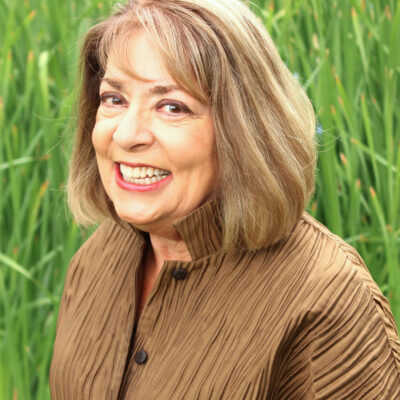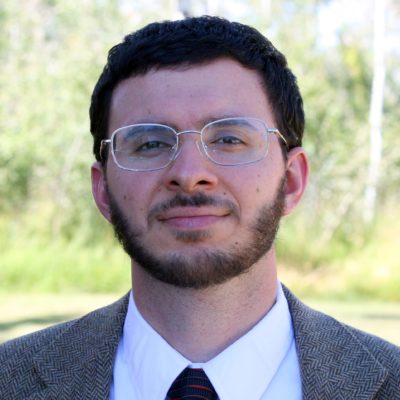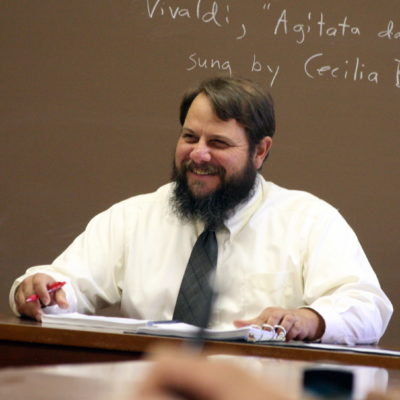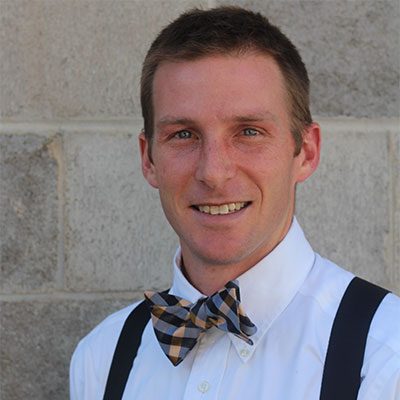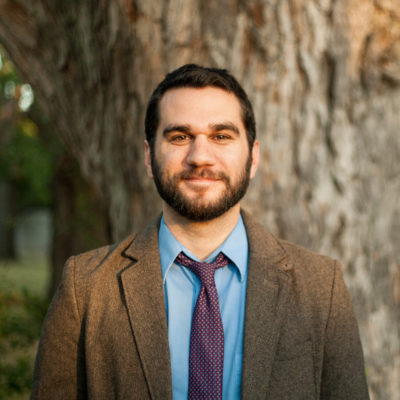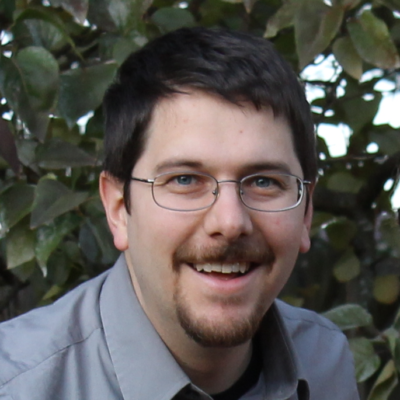"To seek everywhere the element of utility is least of all fitting for those who are magnanimous and free."
-- Aristotle
Philosophy Curriculum
At the core of Catholic liberal arts education since the middle ages, philosophy is the natural human quest for a clear understanding of the deepest truths about God, nature, and the human being. Grounded in confidence that human reason can know the truth, it courageously faces the difficulties inherent in its pursuit. Philosophy is timeless yet timely, reaching truths that never change yet which meet the deepest needs of a jaded and skeptical generation. Man by nature desires to know, and philosophy liberates from the confusion and doubt into which dispirited minds continue to sink.
Philosophy, in Greek, means the “love of wisdom.” John Paul II speaks of philosophy as possessing a “sapiential dimension,” “as a search for the ultimate and overarching meaning of life.” It thus plays a key role in an integrated and integrating liberal arts education: it is “the decisive critical factor which determines the foundations and limits of the different fields of scientific learning.” Philosophy provides the “ultimate framework of the unity of human knowledge and action, leading them to converge toward a final goal and meaning.” (Fides et Ratio, 81; cf. Ex Corde Ecclesiae, 16 & 20.) Philosophy interprets the conclusions reached in other disciplines and sees them all in their proper light. In this way philosophy enables the liberally educated human being to experience the peace of being of one mind with himself and to possess in harmony all the riches of human learning.
Philosophy’s sapiential dimension is grounded in a trust of and sensitivity to the natural experience of the world around him through the senses; familiarity with the human—ancient yet ever timely—narrative mode of understanding; an appreciation of the quantitative-empirical methods of the modern sciences; and an openness to the mysteries of divine revelation. Although beginning with the senses, philosophy is not limited to the empirical; it possesses a truly metaphysical range and can demonstrate truths about the constitution of being and even about God’s existence and nature. Since it is founded on reason, it enables one to dialogue effectively with those outside the Church. Yet to fully comprehend his own dignity and destination, the human person must receive God’s revelation and accept it with faith. Philosophy’s highest role is to prepare the mind to accept the gospel for what it truly is: the good news. Authentic philosophy is thus Catholic in tending toward, and preparing the mind for, a theology which in turn will deem it indispensable.
For all these reasons, Wyoming Catholic College follows the Church’s recommendation to give the philosophy of St. Thomas pride of place. “In his thinking, the demands of reason and the power of faith found the most elevated synthesis ever attained by human thought.” (Fides et Ratio, 78) From the middle ages to this day, a thorough education in philosophy has been required by the Church as preparation for the study of theology, and Thomistic philosophy is the most well suited to this task. St. Thomas, in turn, based his philosophy largely on that of Aristotle, who thus serves as the foundation of our philosophy curriculum. Yet no true philosopher can be closed to the contributions of any thinker, ancient or modern. Our students are thus led to an encounter with other thinkers as diverse as Plato and Hegel in their time at WCC.
For more information about studying philosophy at Wyoming Catholic College, including a complete list of courses, see our Academic Catalog.
